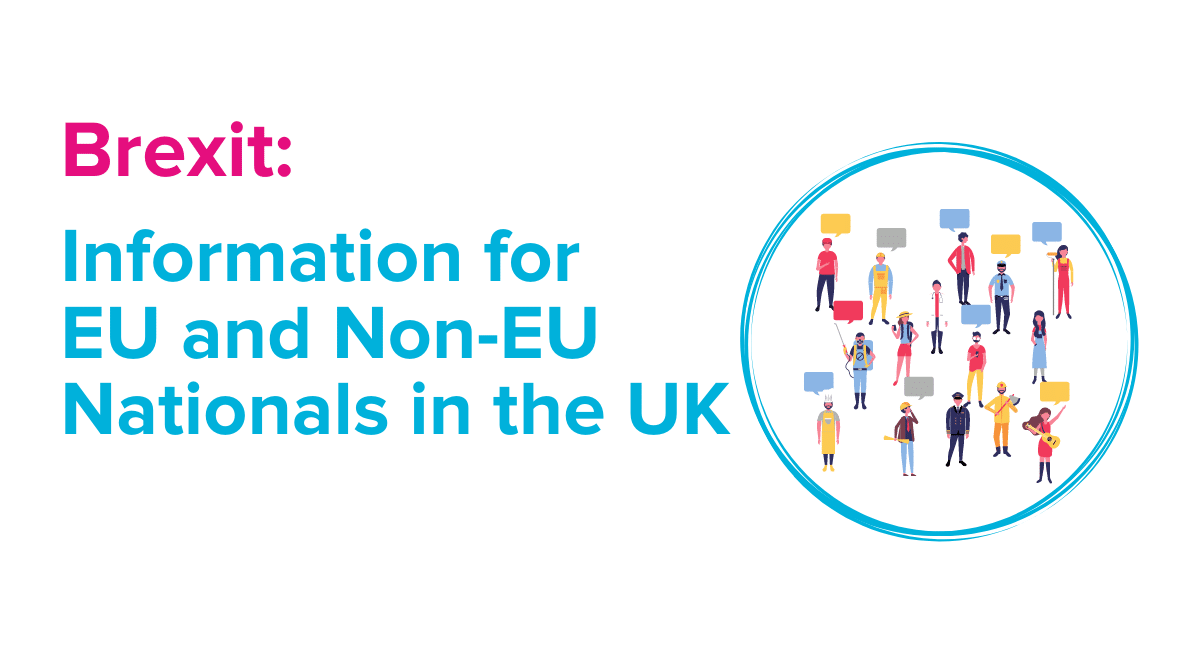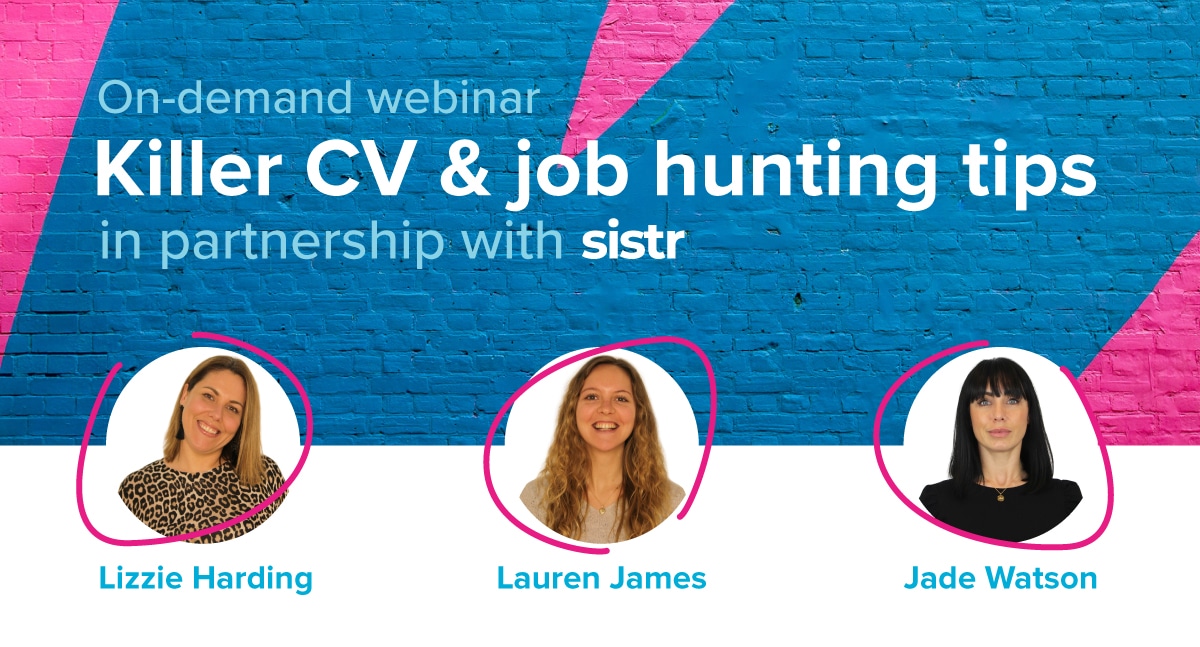
In light of the UK leaving the European Union (EU), the Brexit transition period will come to an end on the 31st December 2020. This means that there will be some significant changes to the UK’s immigration system which will take effect from 1 January 2021.
We understand that this may be a particularly uncertain time for many. To help you navigate through the transition, we’ve compiled a list of important dates and some key information you may need to know.
What does this mean for you?
End of Free Movement: From 1 January 2021, freedom of movement within the European Union (EU) ends and EU Nationals and Non-EU Nationals who wish to live and work in the UK from that date will need to apply under the new rules.
Please note: Irish Nationals are not affected and there is no change to their rights to travel, live or work in the UK, as this is covered under a separate agreement between the Irish and UK governments.
Key Dates
- 31 December 2020
- Freedom of movement ends (Irish Nationals are exempt).
- 1 January 2021
- New immigration laws apply. Automatic right to live and work in UK ceases after the end of the transition period.
- Tier 2 (General) visa sponsorship ends and will be replaced by the Skilled Worker visa through the EU Settlement Scheme. This will require sponsorship by an employer.
- 30 June 2021
- Final deadline to apply for settled or pre-settled status through the EU Settlement Scheme for EU Nationals/family members.
EU Nationals
EU Nationals who currently live in the UK prior to 31 December 2020 can continue to live and work under their current documentation (Passport or National Identity Card) until 30 June 2021.
To continue to live and work in the UK after 30 June 2021, EU Nationals must have applied for settled or pre-settled status under the new immigration system.
The EU Settlement Scheme provides evidence that an individual has met the criteria to be able to continue to travel freely and to live and work in the UK.
This is a simple online process, which is open for applications now; and will mean that you will be recognised by the UK immigration system, to be able to travel freely into and out of the UK and to live and work here after 30 June 2021.
Please Note: The deadline to apply is 30 June 2021.
It is free to apply and will take approximately 5 days – 1 month before your status is confirmed.
Whilst you do not need to apply for settled or pre-settled status yet, we recommend that you apply before 31 December 2020. This is because further clarification about your right to live and work in the UK may be required at the border if you cross into the UK between 31 December 2020 and 30 June 2021 or if you apply for a new job in that period.
For more information: https://www.gov.uk/settled-status-eu-citizens-families
Settled Status
Usually, you will be granted Settled Status if you started living in the UK by 31 December 2020 and have lived in the UK for a continuous five-year period (known as ‘continuous residence’) – this status has no expiry date.
Pre-settled Status
If you do not qualify for settled status (having lived in the UK for less than five years) you may be issued with pre-settled status until you meet the full criteria. You must have started living in the UK by 31 December 2020. This status has an expiry date of a maximum five years from the date of issue.
Please note: EU Nationals not living in the UK prior to 31 December 2020 will be subject to the new immigration rules and applications for entry clearance into the UK will be available from 1 January 2021.
Non-EU Nationals
Non-EU Nationals currently working in the UK on an ‘indefinite leave to remain’ visa may continue to do so.
Non-EU Nationals currently working in the UK on ‘limited leave to remain’, may continue to do so until the visa expiry date, at which point you will have to apply under the new immigration rules.
Non-EU Nationals will be eligible to apply under the new system from within the United Kingdom from 1 January 2021.
There are many types of work visas, and the visa you require depends upon:
- Your skills and qualifications.
- If you have a job offer and sponsorship.
- If you want to bring your family with you.
- What you’ll be doing – for example sporting, charitable or religious work.
If you have any questions, please visit https://www.gov.uk/browse/visas-immigration or get in touch with our team via contract@welovesalt.com.


